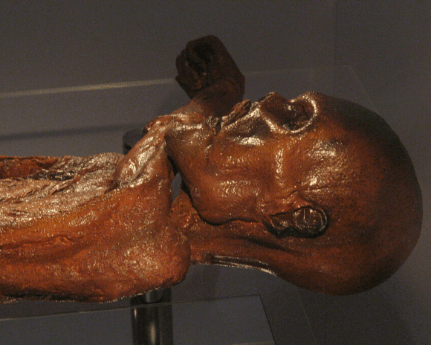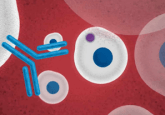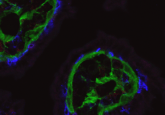Ötzi the ancient iceman provides insight into the modern microbiome

Researchers have analyzed ancient bacterial samples to understand how westernization has impacted the human gut microbiome.
In recent years the intestinal microbiome has become an increasingly researched area. Previously misunderstood and underestimated, the microbiome is now acknowledged to play a vital role in human health. Recent studies have demonstrated a link between the bacterial composition of the microbiome and obesity, autoimmune and gastrointestinal disorders, drug metabolism and other complex health issues.
A joint study conducted by the University of Trento (Italy) and Eurac Research (Bozen, Italy) sequenced and compared the genomes of ancient microbiome samples with the microbiomes of 6500 individuals. The study aimed to discover how industrialization in western countries has impacted the composition of the gut microbiome.
One of the ancient samples analyzed was obtained from the intestine of Ötzi, a mummy whose body was discovered in the retreating ice of the Ötztal mountains. Ötzi is thought to have lived between 3400 and 3100 BCE. Bacteria found in fossilized Mexican stool, dating from approximately 600 AD, were also analyzed.
- Ancient protein analysis
- Antibiotic resistance in the human gut microbiome
- Human gut microbiome’s link to depression
Researchers compared the ancient samples with the microbiomes of individuals from non-westernized countries – Tanzania and Ghana – with a focus on the bacteria Prevotella copri.
P. copri is a bacterium found in approximately 30% of western populations, when present it comprises a large proportion of the microbiome. Analyzing the comparative genomic screens, the team demonstrated that P. copri is abundant in 95% of individuals from non-westernized populations.
“Through these ‘ancient’ samples, we were able to study the evolution of these clades and now we know that they genetically delineated with the human species and before the initial human migrations out of the African continent.”
Variations in microbiome compositions in modern populations may be caused by differences in hygiene practices, diet and use of antibiotics.
“We found out that P. copri it is not a monotypic species but is composed of four distinct but similar clades,” explained study coordinator Nicola Segata (University of Trento). “We then noticed that at least three of these four clades are almost always present in non-westernized populations but are much less prevalent in westernized individuals. And when it is so, there usually is only one of the four clades. We postulated that the complex process of westernization had a considerable impact on the gradual disappearance of this bacterium.”
This hypothesis was confirmed by Ötzi’s microbiome, which contained three of the four clades of P. copri. All four clades were also present in the fossilized Mexican stool.
“Through these ‘ancient’ samples, we were able to study the evolution of these clades and now we know that they genetically delineated with the human species and before the initial human migrations out of the African continent,” concluded study coordinator Adrian Tett (University of Trento).
Further research is needed to understand the potential biomedical consequences of changes to the gut microbiome. The team is also keen to delve further into the complexity of the P. copri clades.





